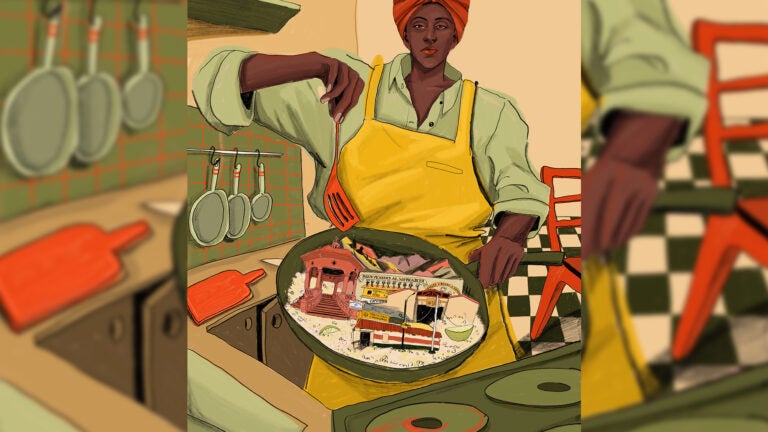From harmony (meoauniaea) to brainworm (eltungawng), Paul Frommer Ph.D. ’81 creates a brand new language for the film Avatar.
USC Dornsife News
Consumer DNA testing is reshaping notions of family, identity and risk. But what it reveals — and what it doesn’t — may surprise you.
For some people, like USC Dornsife mathematician Felicia Tabing, the senses pair up and produce inspired results.
If we think of our senses as limited to only five, we might be missing out.
From cradle to grave, touch brings us comfort, pleasure and sometimes pain, reminding us of our countless connections to the world and to humanity — including our own.
From aiding romance to communicating with God, scent has long been attributed near mystical abilities.
From sautéed grasshoppers to fusion food, USC Dornsife scholars use taste as a passport to explore diverse cultures, histories and identities.
Whether it takes the form of a rousing rock concert, a friendly greeting or the lulling buzz of cicadas on a summer evening, sound holds the power to energize us, to cheer us, to soothe us and — above all — to connect us.
From Inuit hunters in their endless snowy landscape who have no concept of what it means to be lost to profound leaps in microscopy that enable scientists to watch an eye as it forms — sight allows us to explore our world, to orient ourselves within it and to find joy in its myriad manifestations of beauty and wonder.
Water has inspired famed literary tales such as Melville’s ‘Moby Dick’ and the Bible’s great flood and launched the revolutionary art movement called Impressionism, making it as essential to art is it is to life on Earth.








